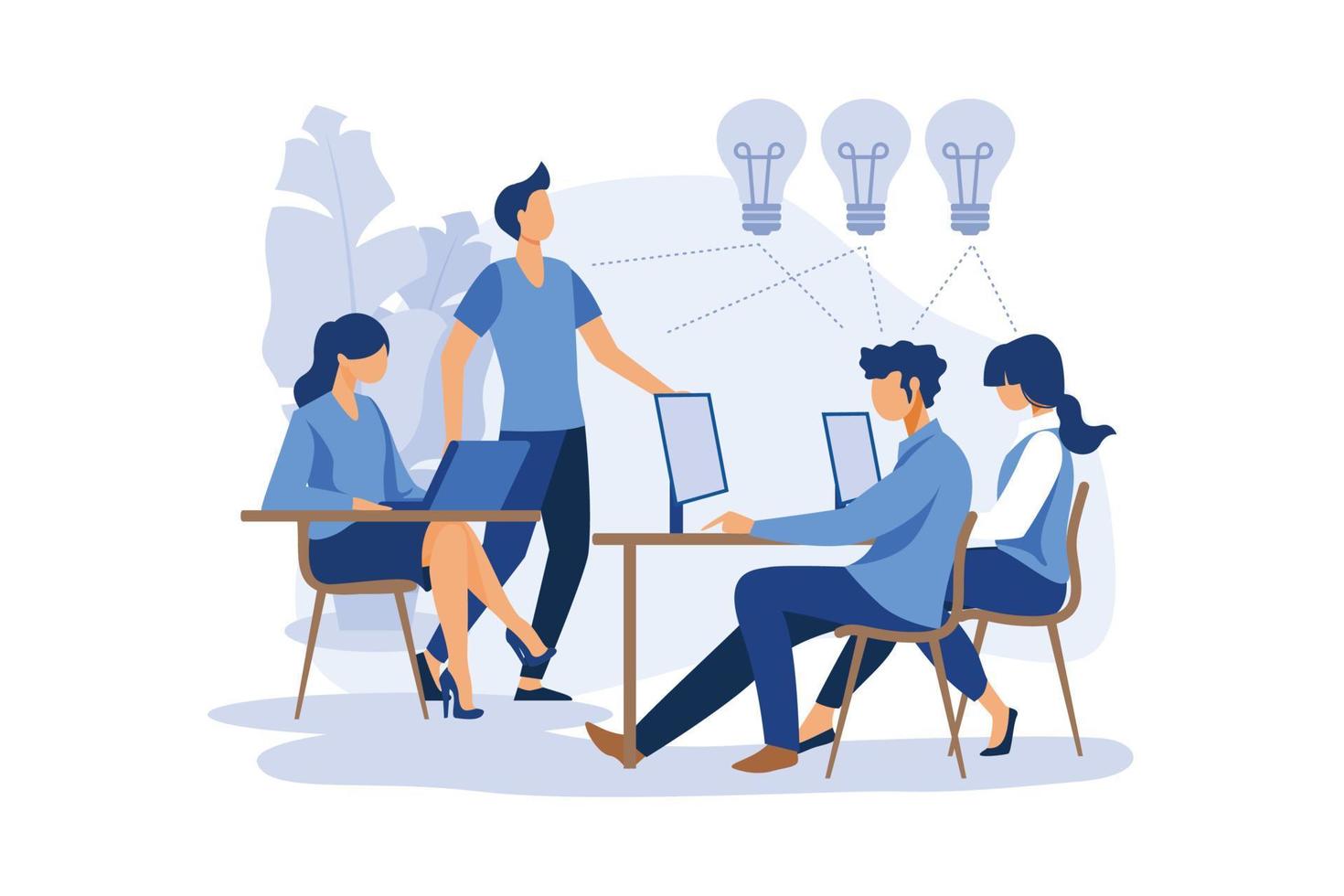Featured
In this article, we take an insightful journey into the realm of conflict resolution techniques. We delve into strategic ways to defuse heated situations, turning discord into harmony. This piece provides a comprehensive understanding of why conflicts arise, shining a light on how miscommunication or misunderstanding can often be the spark that ignites the flame. It emphasizes the importance of empathy, active listening and assertive communication as key tools for resolving conflicts effectively. Moreover, it explores various practical tactics and techniques that can be applied in different scenarios, ranging from personal relationships to professional environments. By the end of this enlightening exploration, you'll be armed with a toolkit of strategies ready to tackle any conflict that comes your way.
Don't just stop here though, there's much more to this story. Why not delve deeper into this fascinating topic? By clicking below, you'll gain an even richer understanding of conflict resolution techniques. Whether you're a seasoned peacemaker or simply interested in developing your interpersonal skills, this article is a goldmine of useful knowledge. Find out more, and empower yourself with the skills to promote harmony wherever you go.

Conflicts are a natural part of human relationships, whether they occur in the workplace, at home, or among friends. It's how we handle these conflicts that can make all the difference in maintaining healthy relationships. In this article, we will discuss some effective conflict resolution techniques that can help you navigate through disagreements and come out stronger on the other side.
Understanding the Root Cause

Before diving into resolving a conflict, it's important to understand the root cause of the issue. Take the time to listen to the other party's perspective and try to see things from their point of view. By understanding where the conflict stems from, you can better address the underlying issues and work towards a resolution that satisfies both parties.
Active Listening
One of the most crucial conflict resolution techniques is active listening. This involves fully focusing on what the other person is saying without interrupting or formulating your response in your head. By actively listening, you show respect and empathy towards the other person's feelings and thoughts, which can help de-escalate the situation and pave the way for productive dialogue.
Effective Communication
Effective communication is key in resolving conflicts. Be clear and concise in expressing your thoughts and feelings, using I statements to convey your emotions without placing blame on the other person. Avoid using accusatory language and instead focus on finding common ground and working towards a mutually beneficial solution.
Supervisory Skills Trainings in Houston, TXSeeking Compromise
In some cases, finding a compromise is the best way to resolve a conflict. This involves both parties giving up something in order to reach a middle ground that is acceptable to both. Compromise requires open-mindedness and flexibility, as well as the willingness to prioritize the relationship over being right.
Taking a Time-Out
Sometimes, emotions can run high during a conflict, making it difficult to have a rational discussion. In such situations, taking a time-out can be beneficial. Step away from the situation to calm down and collect your thoughts before returning to the conversation with a clearer mind. This can prevent escalating the conflict further and allow for more productive communication.
Using Mediation
If you find it challenging to resolve a conflict on your own, consider seeking the help of a neutral third party, such as a mediator. Mediators are trained professionals who can facilitate communication between conflicting parties and help guide them towards a resolution. Mediation can provide an impartial perspective and create a safe space for open dialogue.
Conflict resolution is an essential skill that can help improve relationships and foster understanding between individuals. By utilizing techniques such as active listening, effective communication, seeking compromise, taking time-outs, and using mediation, you can navigate conflicts more effectively and strengthen your connections with others.
Latest Posts
The Intricacies of Corporate Strategy and Business Planning
The Intricacies of Corporate Strategy and Business Planning
The Intricacies of Corporate Strategy and Business Planning